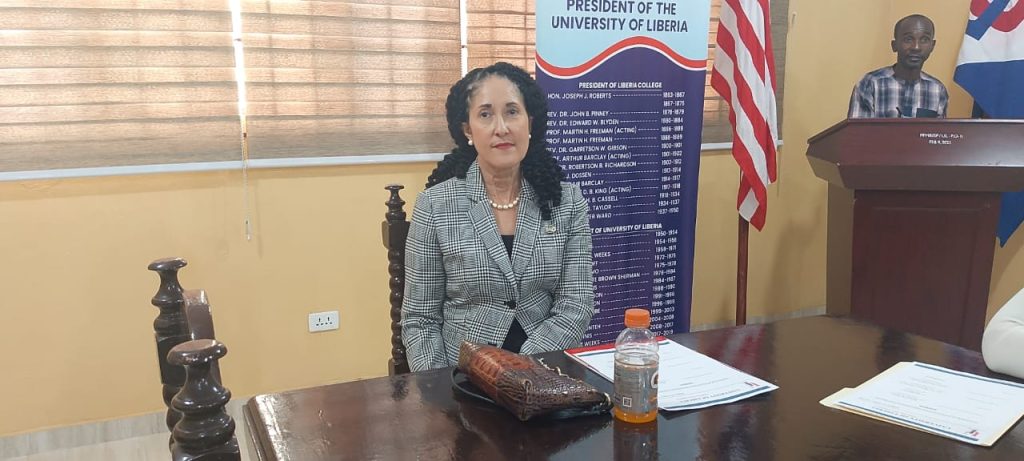The University of Liberia (UL) is grappling with a faculty strike initiated by the University of Liberia Faculty Association (ULFA) over a range of longstanding grievances. These concerns include inadequate sanitary conditions on campus, unresolved faculty promotion issues, salary disparities, concerns about social security benefits, problems affecting study leave opportunities, and the pressing need for campus renovations. Adding to these persistent issues are the more recent non-payment of overload and vacation school salaries. ULFA formally announced its disengagement from all academic activities on August 29, 2025, effectively halting teaching, research, and other academic pursuits until their demands are met.
In response to ULFA’s action, the UL Board of Trustees issued a statement acknowledging the legitimacy of the faculty’s concerns and emphasizing their commitment to finding a resolution. Recognizing the urgency of the situation, the Board scheduled an emergency meeting for September 3, 2025, to address the issues raised by ULFA and work towards restoring normalcy on campus. The Board’s statement underscored its dedication to collaborating with both the faculty association and the university administration to find common ground and address the issues in a constructive manner.
While acknowledging the faculty’s right to voice their concerns, the UL Board urged all faculty members to return to work while discussions are ongoing. They emphasized the importance of maintaining the continuity of teaching, learning, and research activities, highlighting the detrimental impact of the strike on the university’s core mission. The Board’s appeal reflects a delicate balancing act: acknowledging the validity of the faculty’s grievances while simultaneously emphasizing the need to maintain the academic integrity and functionality of the institution.
The heart of the dispute lies in a confluence of long-standing and more recent issues impacting the faculty’s working conditions and overall welfare. The inadequate sanitary conditions on campus pose a health risk to both faculty and students, impacting the overall learning environment. Unresolved promotion issues create a sense of stagnation and hinder career progression, while salary disparities create inequities within the faculty body. Concerns regarding social security benefits and study leave opportunities further compound the existing discontent, adding to the overall sense of insecurity and lack of support.
The recent non-payment of overload and vacation school salaries adds a further layer of complexity to the situation. These outstanding payments represent a breach of contract and exacerbate the financial strain faced by many faculty members. The combination of these unmet financial obligations with the broader issues of working conditions and welfare creates a climate of distrust and frustration, culminating in ULFA’s decision to strike.
The UL Board’s call for a return to work while negotiations continue reflects a desire to mitigate the disruption caused by the strike while simultaneously addressing the underlying issues. The success of this approach hinges on the Board’s ability to demonstrate a genuine commitment to resolving the faculty’s concerns in a timely and effective manner. The upcoming emergency meeting represents a crucial opportunity for all parties to engage in constructive dialogue and work towards a mutually acceptable solution. The outcome of this meeting will likely determine the future trajectory of the dispute and the overall stability of the University of Liberia. A successful resolution will require open communication, compromise, and a demonstrable willingness to address the legitimate concerns of the faculty while upholding the university’s mission of providing quality education and fostering a conducive learning environment.


